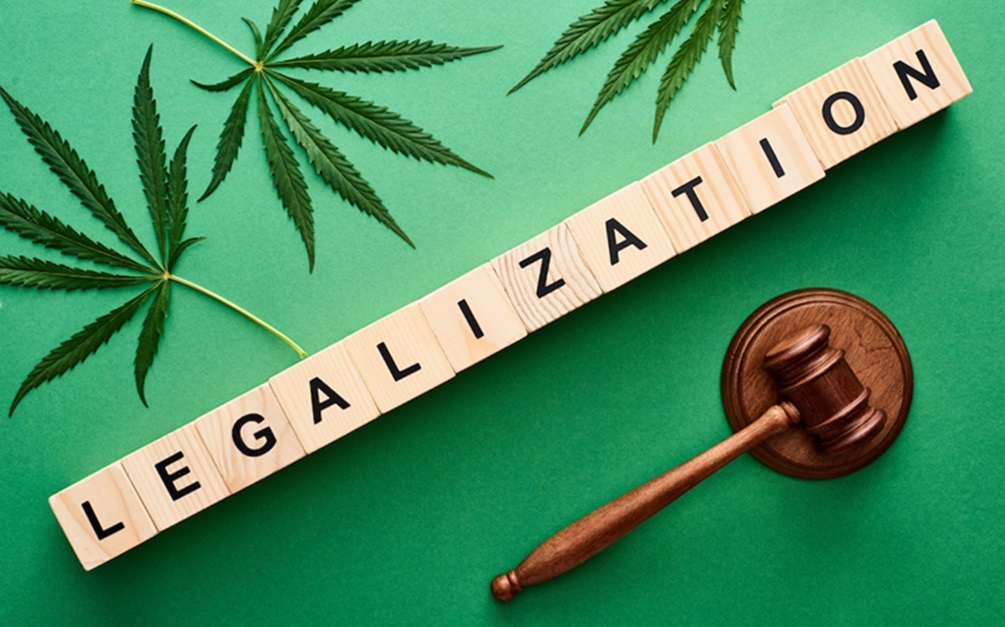WARNING: This product contains nicotine. Nicotine is an addictive chemical.
Only for adults. Anyone below the age of 21 is prohibited from buying e-cigarette.
WARNING: This product contains nicotine. Nicotine is an addictive chemical.
Only for adults. Anyone below the age of 21 is prohibited from buying e-cigarette.
Twenty-one other states, Washington, D.C., and Guam would act to legalize the drug in the next 10 years as public support for legalization rose rapidly – despite marijuana being illegal at the federal level.
Some strains of the cannabis plant – often called marijuana or weed – contain a psychoactive compound called THC that produces a "high" when ingested.
Today, support for marijuana legalization has become mainstream among Democratic politicians, and some Republicans also back the idea. State legislatures are grappling with if and how to legalize the drug, while several marijuana-related bills – including those aiming to decriminalize it on the federal level – have been introduced in Congress. The House passed a marijuana decriminalization bill on April 1, 2022 and months later, several senators – including Senate Majority Leader Chuck Schumer – introduced the Cannabis Administration and Opportunity Act, which would federally decriminalize weed, as reported by Marijuana Moment. The bill’s future in the Senate is uncertain.
The movement toward relaxing punishment on marijuana use took a new turn on Oct. 7, 2022, when President Joe Biden said he will issue pardons to everyone convicted of the federal crime of simple marijuana possession, while calling for governors to make similar moves for convictions under state laws. The proclamation will apply to about 6,500 Americans, but a senior White House official clarified to reporters that no one is currently behind bars for simple possession of marijuana.
Opponents say marijuana poses a public health and safety risk, and some are morally against legalization. Proponents, however, argue that it is not as dangerous as alcohol and point to evidence that it has therapeutic benefits, such as stress and pain relief.
Advocates also see it as a moneymaker for states and a necessary social justice initiative. Marijuana laws have disproportionately affected people from minority communities, contributing to mass incarceration. States where the drug is legal have sought to retroactively address the consequences of marijuana prohibition, often including provisions allowing for the expungement or vacation of low-level marijuana convictions.
A December 2022 study published by the American Medical Association found that complete legalization reduces marijuana-related arrests even in states that had already decriminalized cannabis, meaning the drug is still illegal but a person would not be prosecuted for possession under a specified amount.
